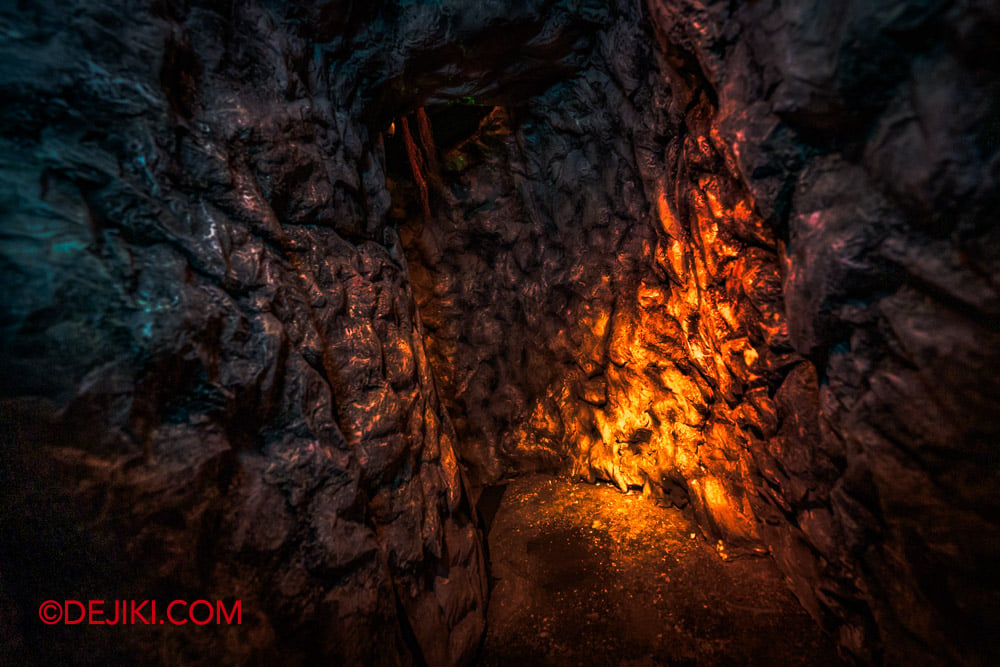Halloween’s Descent into Darkness: From Sacred Tradition to Commercialized Horror

Every October, America transforms its neighborhoods into graveyards. Skeletons dangle from porches; houses glow with blinking orange lights, and schoolchildren dress as monsters and witches. Halloween has become a $13-billion industry cheerfully celebrating doom, darkness, and death. Yet it began as something entirely different.
The original holiday originated in the 9th century within Western Christendom as the vigil before the Christian feast of All Saints’ Day—a night of remembrance for those who conquered sin and death and entered Heaven in the grace of God. It was meant to affirm life beyond the grave, not to glorify what lies beneath it. The word “Halloween” itself is a shortened form of “All Hallows Eve,” a reminder that this night once belonged not to horror but to holiness.
Over time, Hollywood and a broader cultural drift toward secularism have hollowed out its sacred meaning. What replaced it is not just consumerism but something more insidious: a highly commercialized and gaudy showcase of the sinister and macabre. The entertainment industry has played a decisive role in this transformation. Horror franchises like The Omen and The Exorcist have been rebooted for new audiences—without the weighty Christian meaning that once defined their original versions. Streaming platforms now popularize witchcraft, occult powers, and supernatural rebellion for teens. Even family films like Hocus Pocus 2 and Haunted Mansion, as well as the hit series Wednesday, feature characters dabbling in dark magic, mystical rites, or alternative spiritualities with minimal reference to faith or redemption.
In an era when religion is dismissed as antiquated, Hollywood markets darkness as depth and despair as daring. This shift is not isolated. Over the past year, faith spaces have become targets of terror: at Annunciation Catholic School in Minneapolis, a gunman fired into pews full of praying children, killing two and wounding 17, in what authorities call a hate crime against Catholics. Churches and schools are no longer apart from the culture war—they are battlegrounds.
We are witnessing not only moral confusion but overt hostility to faith itself. In a society that laughs at evil, it should surprise no one when evil runs rampant. The deeper issue extends beyond any single celebration. When a civilization loses its rituals of reverence, it often replaces them with rituals of fear. History shows this pattern clearly: when the French tore down their altars, they built guillotines; when the Soviets outlawed worship, they filled the vacuum with parades and purges. A culture that forgets Heaven soon becomes obsessed with Hell.
The paradox of our age is that the more we mock sin, the more sin mocks us. Our fascination with horror and death isn’t proof of sophistication—it’s proof of spiritual starvation. It shows a national soul so deprived of transcendence it will even hunger for the demonic. Halloween has become completely disconnected from its original Christian meaning, now exalting all that is ugly, violent, superstitious, and evil.
When we dress innocent children in costumes glorifying gore, the diabolical, and the occult, we risk dulling their sensitivity to evil—a first step to inviting it into their lives. There’s a certain “glamor” evil possesses, capable of seducing the imagination even without actual occult practices. As parents, we must take this danger seriously: the danger of treating evil as entertainment, of letting darkness masquerade as play.
To some extent, Halloween should be fun. At its heart is the belief that death does not have the final word; that the end of the human story is not the cemetery but eternal life—hopefully in Heaven. A joyful message, and there’s no reason it shouldn’t be proclaimed with joy and good humor. To be a Christian doesn’t mean checking one’s brains—or sense of humor—at the door. Not everything with the trappings of superstition is meant to be taken seriously.
The real challenge lies in striking a balance between rejecting what is harmful while not losing sight of innocent fun. It’s possible to enjoy costumes, candy, and even some good-natured spookiness as long as we restore the sacred story beneath the spectacle. What’s most required now is discernment. Amid the frenzied embrace of ghosts, greed, and the grotesque, parents need to teach children the holiday’s true Christian meaning.
Halloween is a mirror of our collective soul. What we see reflected today is too dark and disturbing. It needs to be brighter. It needs to be holier. If we truly want to rebuild a culture of faith, decency, and moral order, it begins with how we celebrate even the smallest traditions. Perhaps this All Hallows’ Eve, by sweeping aside the cobwebs of cynicism and remembering what the night was meant to teach, we may glimpse again that divine paradox at the heart of all faith: that light has the power to overcome darkness; that, despite all appearances, life does conquer death.
Anthony DeStefano is the author of over 30 books, including his latest, All Hallows’ Eve, a children’s picture book.







